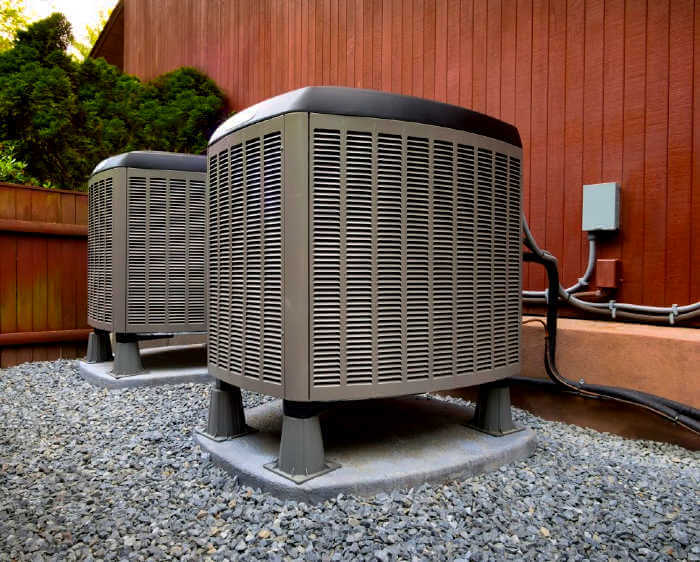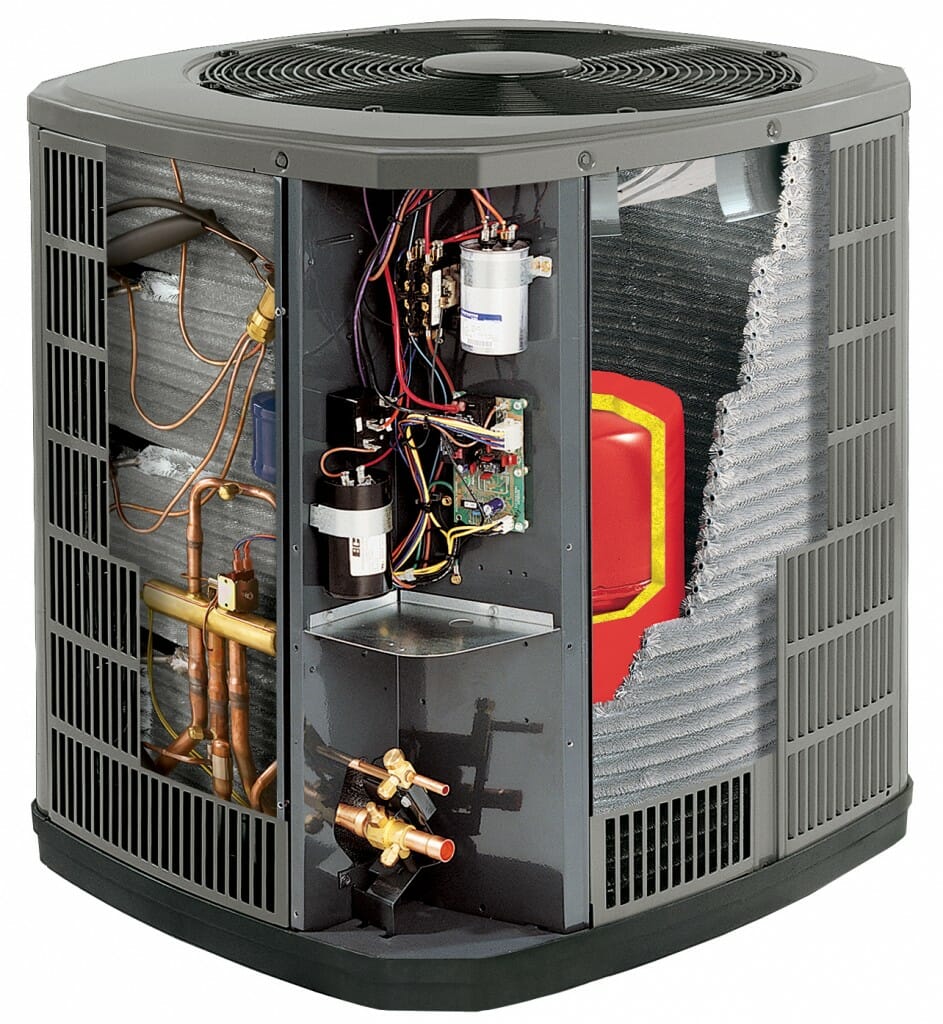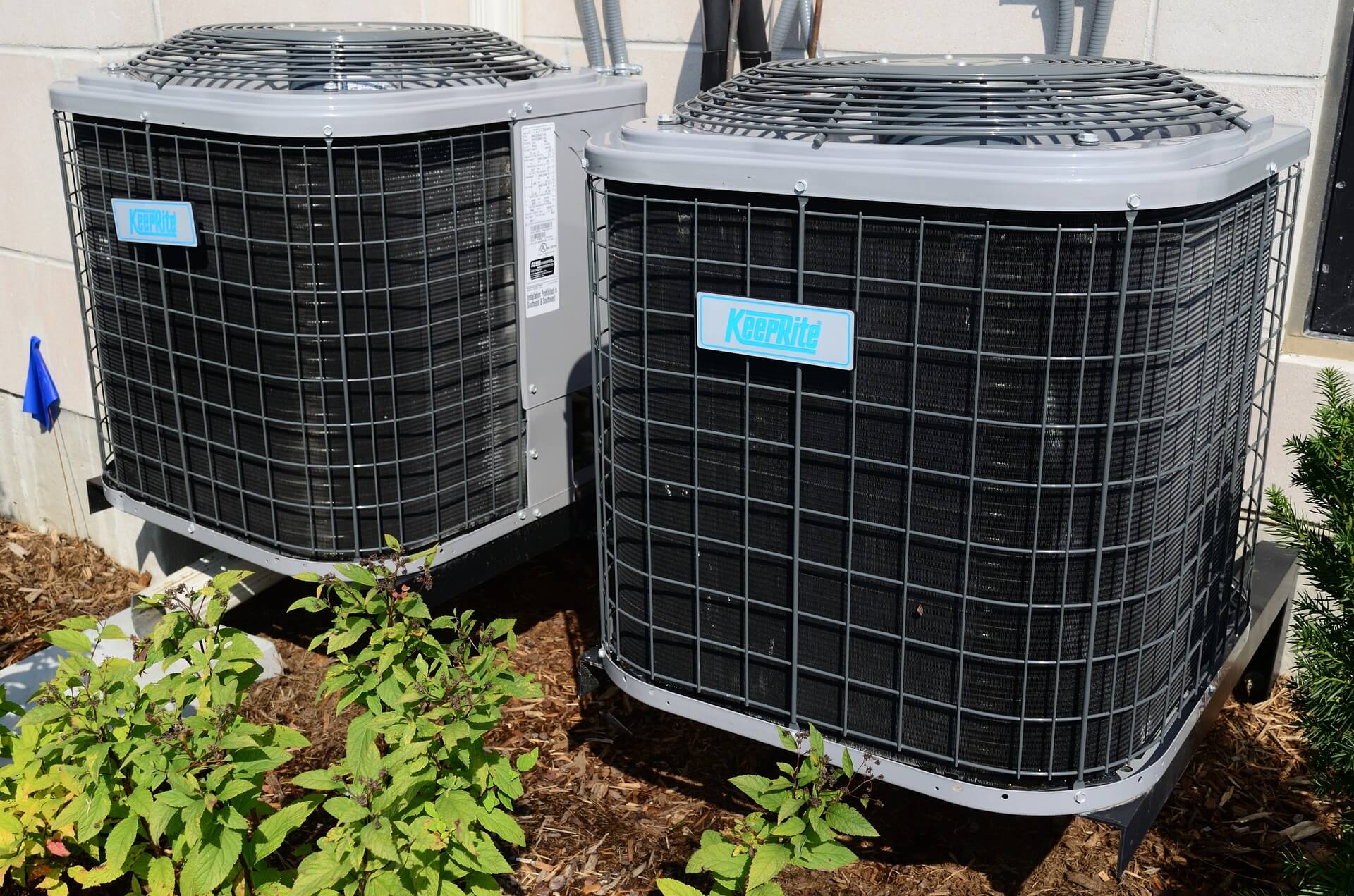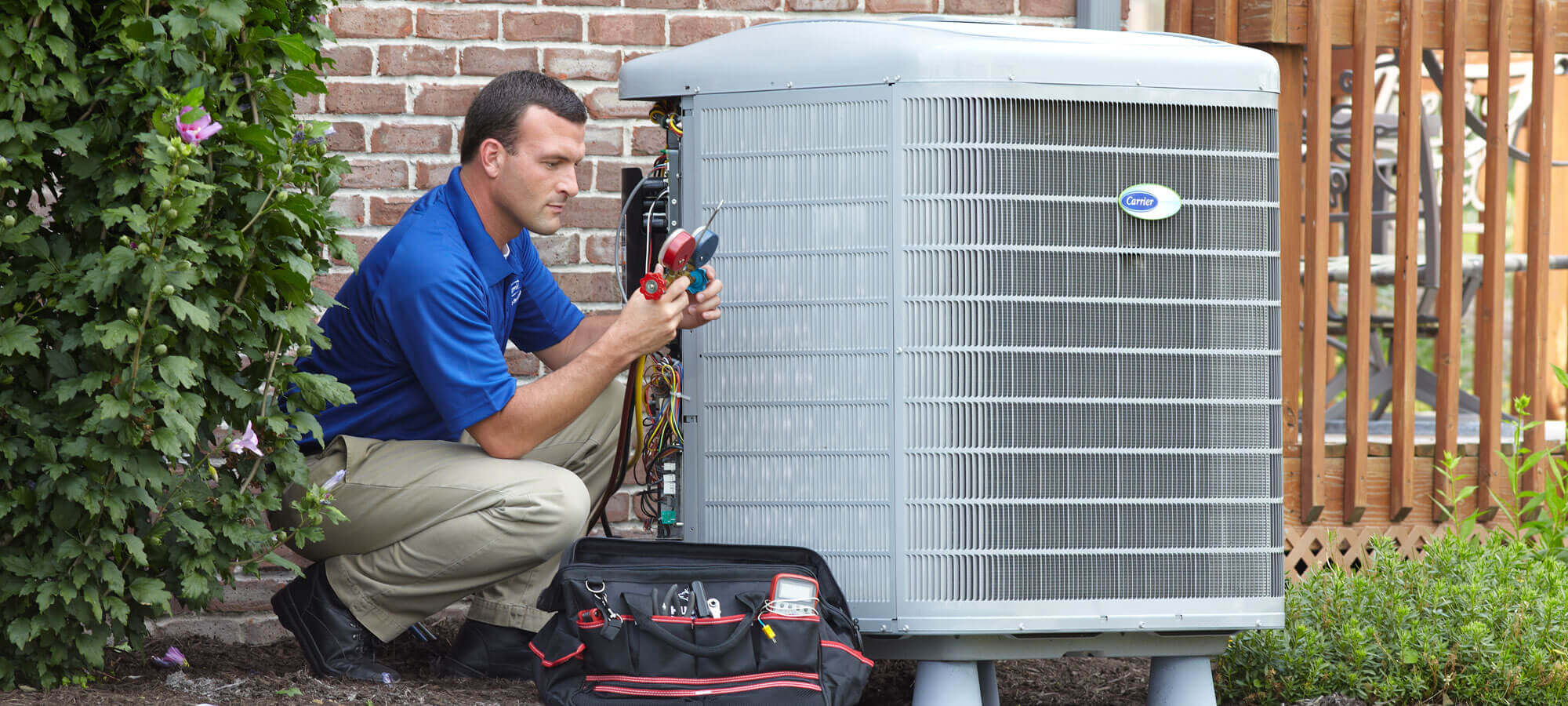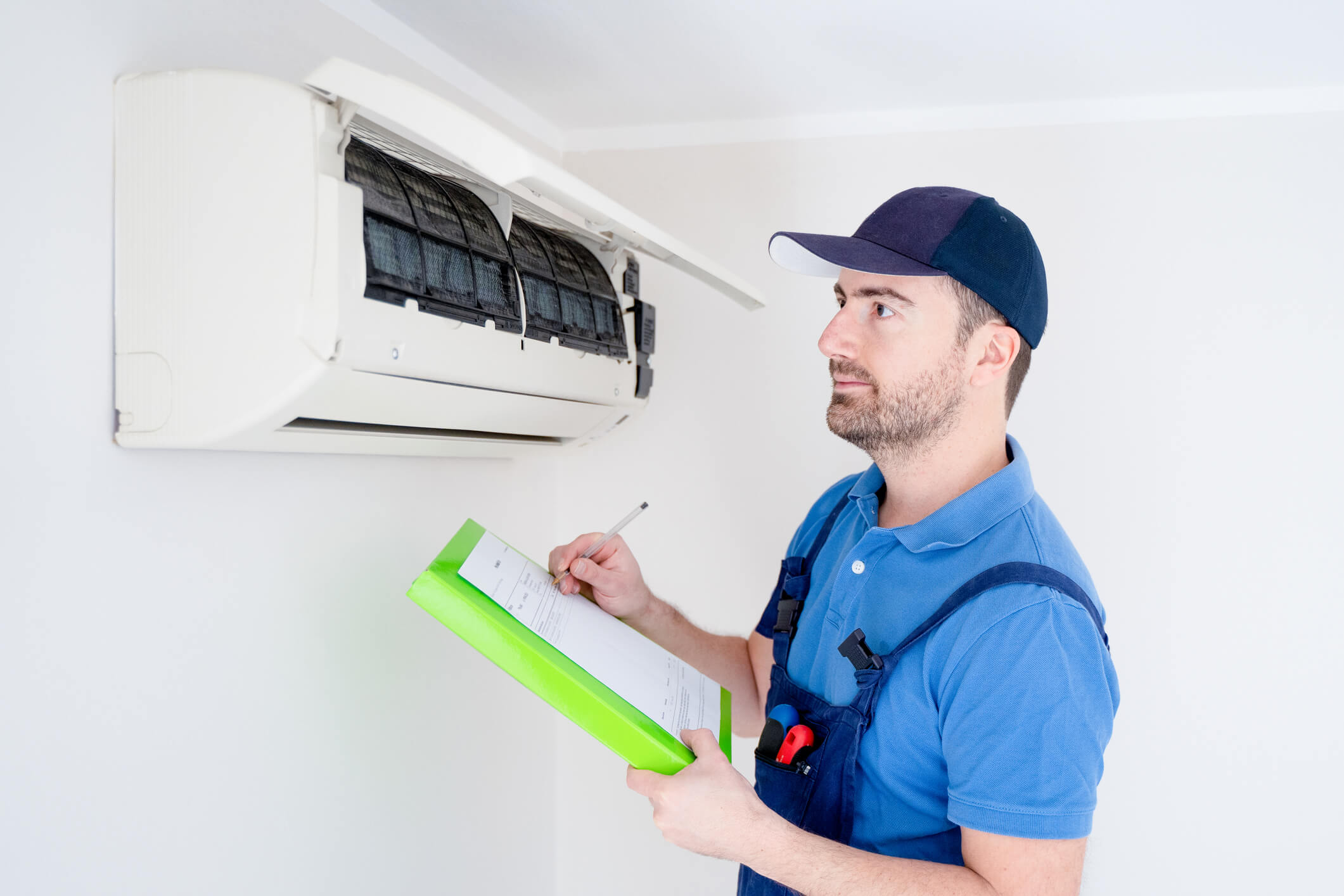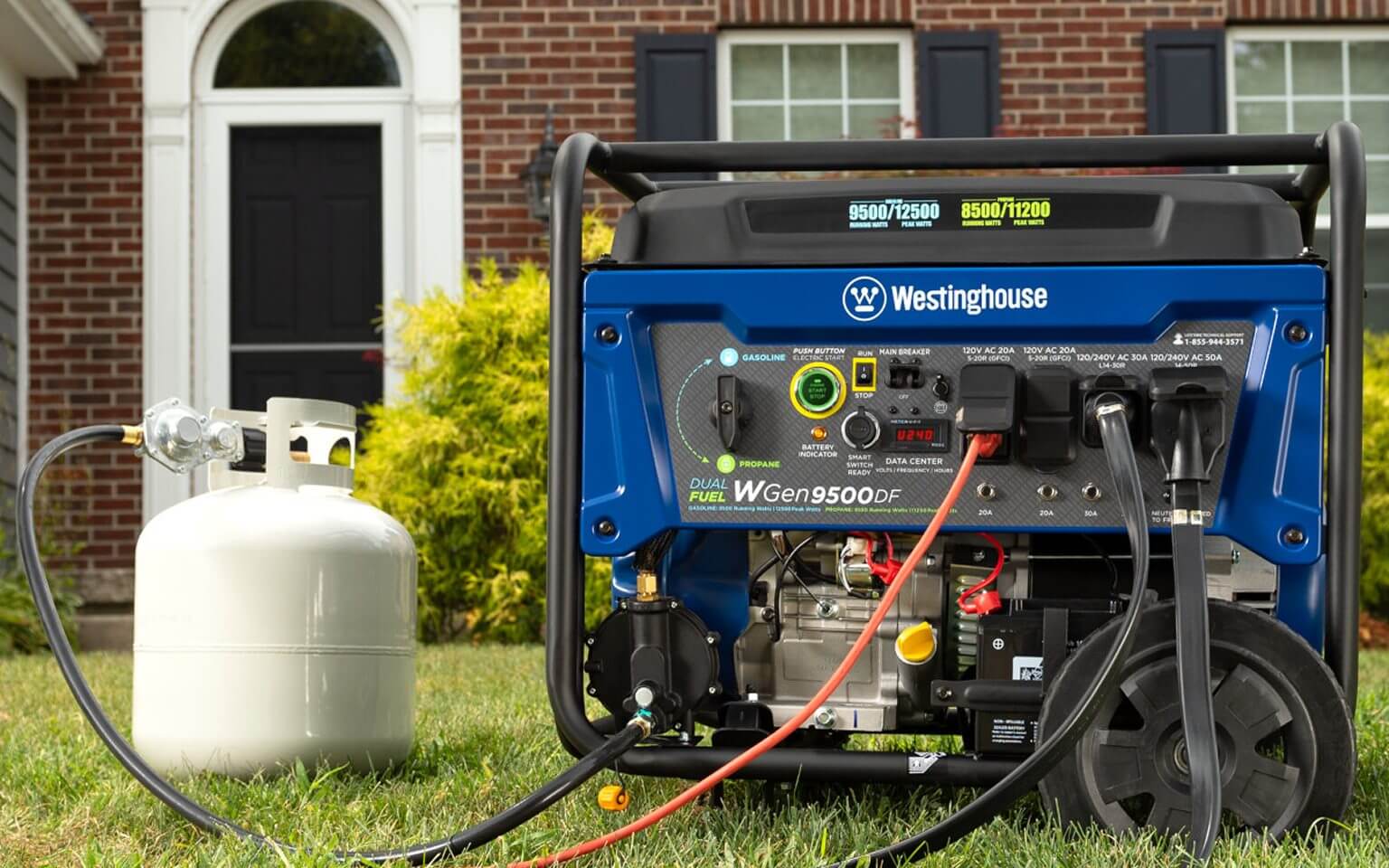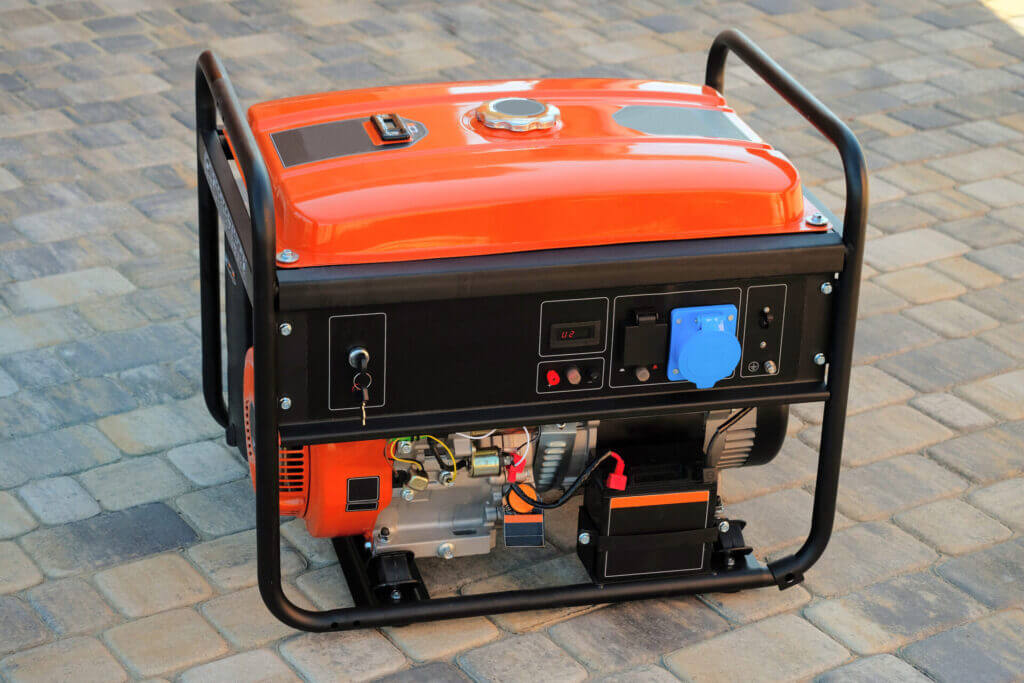Are you doing an HVAC project?
Modernize can pair you with three to four pros in your area, so you can compare options and save time and money.
When it’s time to install or replace a new HVAC system, you may face the difficult decision of choosing between a heat pump vs. a central air conditioning (AC) unit.
While these systems generally work the same when cooling your home, there are some major differences on the heating side.
This post will cover the basic differences between a new heat pump system and central air conditioning unit installation, how they work, and the factors you should consider before purchasing a new system. From price to energy efficiency to climate, here’s what to consider so that you can make the best decision possible between a heat pump vs. air conditioner.
Pros and Cons of Heat Pumps vs. AC
Both a central AC unit and heat pump system are considered a type of central air HVAC system as they transfer (or pump) heat from inside the structure to the outside to cool inside temperatures.
Heat Pump Pros and Cons
-
Pros
- Energy Efficiency
- Potential for Tax Rebates
- Efficient Air Conditioning
-
Cons
- Performance in Cold Climates
- Higher Initial Costs
- Shorter Lifespan
Pros
- Energy Efficiency: Heat pumps are highly energy-efficient because they transfer heat instead of generating it by burning fossil fuels. This process requires less electrical energy, making heat pumps an environmentally friendly option for heating and cooling your home.
- Potential for Tax Rebates: Many governments offer tax rebates and incentives for installing energy-efficient systems like heat pumps. These rebates can significantly reduce the initial investment cost, making heat pumps an attractive option for homeowners looking to upgrade their heating and cooling systems.
- Efficient Air Conditioning: Heat pumps can condition the air more efficiently compared to traditional air conditioning units. This efficiency comes from their ability to maintain a consistent temperature without the frequent on-off cycling of conventional AC units, leading to lower utility bills and a more comfortable indoor environment.
Cons
- Performance in Cold Climates: While heat pumps are efficient in moderate climates, their performance can diminish in very cold regions. As temperatures drop, heat pumps may struggle to extract enough heat from the outside air to warm the home efficiently, requiring a supplementary heating source during the coldest months.
- Higher Initial Costs: The base price for heat pump systems is typically higher than for conventional air conditioning units. This initial investment may be a barrier for some homeowners, despite the long-term savings on energy bills and potential tax rebates.
- Shorter Lifespan: Heat pumps generally have a shorter lifespan than conventional AC units because they are used year-round for both heating and cooling. This continuous operation can lead to faster wear and tear, potentially resulting in higher maintenance costs and the need for replacement sooner than with a traditional AC system.
Air Conditioner Pros and Cons
-
Pros
- Versatility in Any Climate
- Lower Initial Costs
- Longer Lifespan
-
Cons
- Higher Monthly Utility Bills
- Requires a Separate Heat Source
- Limited Rebate Opportunities
Pros
- Versatility in Any Climate: AC units are designed to operate effectively in a wide range of climates, including extreme heat. They can maintain a comfortable indoor environment, regardless of the outdoor temperature, making them a reliable choice for cooling in areas with high temperatures.
- Lower Initial Costs: Compared to heat pumps, traditional AC systems generally have a lower purchase price. This cost-effectiveness extends to both maintenance and operation, as AC units are typically simpler in design and require less complex repairs, potentially saving homeowners money over time.
- Longer Lifespan: Because AC units are primarily used during the warmer months and remain idle in cooler seasons, they tend to have a longer lifespan than heat pumps, which operate year-round. This reduced usage can lead to fewer operational issues and a longer service life, offering good value for the investment.
Cons
- Higher Monthly Utility Bills: Traditional AC systems can lead to higher monthly utility bills, especially in regions with extreme summer temperatures. This is due to their less efficient cooling method, which involves cooling indoor air using refrigerants and expelling hot air outside, requiring significant electrical energy.
- Requires a Separate Heat Source: Unlike heat pumps, which can both heat and cool a space, AC units only provide cooling. This means homeowners must have a separate heating system, such as a gas furnace, for the colder months, which can complicate installation and increase overall home energy system costs.
- Limited Rebate Opportunities: Energy rebates and incentives are often targeted towards more energy-efficient systems like heat pumps. As a result, homeowners opting for traditional AC units may miss out on these financial incentives, which are designed to encourage the adoption of greener technologies.
The major difference between a heat pump vs. AC is that heat pumps can reverse their air flow direction. That means they can transfer heat from the outside to raise indoor temperatures.
A conventional air conditioning system on the other hand must rely on electric resistant heat strips within the air handler or utilize a gas furnace unit to produce and distribute warm air.
Heat Pump vs. Air Conditioning Costs
While most heat pump systems cost about 5% more than the base cost of central air conditioners, you can also expect to pay slightly more for heat pump installation. Plus, since heat pumps handle both cooling and heating, they run year round — which shortens their lifespan when compared to a conventional air conditioner.
This could also lead to higher prices for service contracts through your HVAC contractor and affect the overall warranty due to the wear and tear on the system.
However, with all that said, you must take into account that a home with an air conditioner unit will also need a furnace unit installed to provide heat. Combined, that means that AC is more expensive than a heat pump.
Check out our HVAC cost calculator to get an idea of what the project will cost. To get exact pricing, talk to local heat pump installers about your project specifics.
Find the Right Contractor for Your HVAC Project
Whether you’re ready to begin your project now or need some expert advice, our network of contractors are here to help. With a few simple questions, we’ll find the best local professionals for you
How Heat Pumps vs. AC Works
While heat pumps and conventional air conditioners differ, they rely on the same principals to condition inside air temperatures:
- Both systems utilize a compressor to compress refrigerant contained within the system.
- There, gas is compressed, causing its temperature to rise significantly.
- The gas then flows through the condensing coil where it cools to ambient temperature.
- As the gas enters the evaporator coil — located inside the house — it expands, causing its temperature to rapidly drop and cool the evaporator coil.
- A fan or blower assembly within the air handler draws air through the cooled evaporator coil to provide conditioned air to the home’s interior.
The main difference between the two systems is that a heat pump can reverse the process by switching the function of the evaporator and condenser coils to raise inside temperatures.
Energy Efficiency of Heat Pumps
Since heat pump HVAC systems are more energy-efficient than central air conditioners, purchasing one of these systems may qualify you for a tax incentive or rebate from the federal government, state, or local utility company, which will reduce the overall cost of the system.
To search for rebate and incentive programs in your area, visit the Database of State Incentives for Renewables & Efficiency. DSIRE is the most comprehensive source of information on rebates and incentives that support energy efficiency and renewables in the country.
Since the cooling capacities of both a heat pump and conventional air conditioner are about the same, the heating capacity should carry the most weight when choosing one system over the other.
Conventional air conditioners are less expensive to purchase, maintain, and operate. Heat pumps provide conditioned air more efficiently which reduces monthly energy costs.
The coldest regions of the country — those with extended periods below 40 degrees — are better suited to conventional air conditioning supplemented with an alternative heating source. Regions of the country with milder winters are ideal locations for heat pump installation.
Choosing the Best Option
Choosing between a conventional central air installation and a heat pump depends on several factors with the most notable being your climate.
Areas of the country subjected to temperatures 40 degrees and lower for extended periods are not ideal for a heat pump installation.
Why? Well, as the temperature drops, heat pumps work harder to maintain desired comfort levels. This results in more energy use, driving up your utility bill.
In addition, once the temperature drops below 40 degrees, most heat pump systems lose their heating efficiency and must switch to emergency heat mode, which utilizes electric resistant heat strips that use more electricity.
Find the Right Contractor for Your HVAC Project
Whether you’re ready to begin your project now or need some expert advice, our network of contractors are here to help. With a few simple questions, we’ll find the best local professionals for you
Reviews from Real Homeowners
Welcome to Homeowner Resources! We are the Modernize blog. Modernize pairs more than 3 million homeowners a year with pre-vetted contractors in their area. This blog started because we believe homeowners should know everything about their homes, from how their HVAC works to which front door colors they might love. On Homeowner Resources, you can find information on every part of your home, right down to how you can negotiate with contractors to get the best price. Here's more about the blog.
Need a contractor? Learn more about how Modernize finds the right pro for you.
